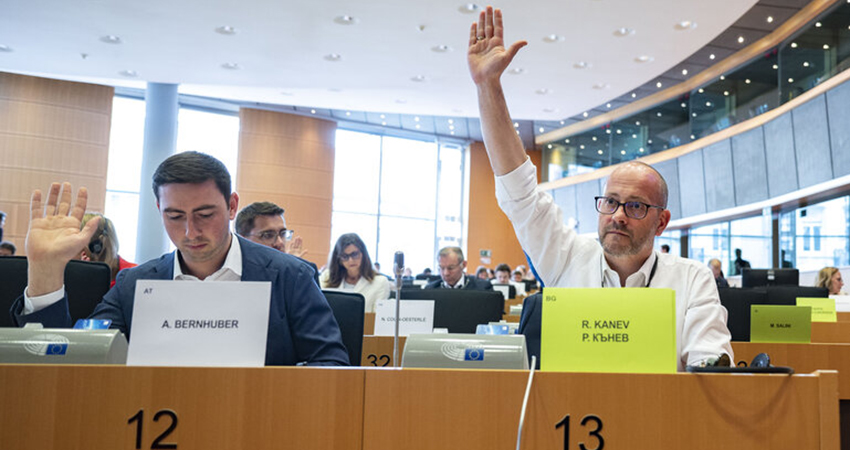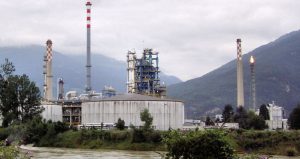MEPs support plans to reduce industrial emissions

-
 Fergal MacErlean
Fergal MacErlean
Share article:
The European Parliament is scheduled to adopt the Industrial Emissions Directive (IED) during the 10-14 July 2023 plenary session after which negotiations with Council on the final legislation can start. Members of the European Parliament (MEPs) voted for stronger measures on 24 May. The Parliament’s environment committee backed an increased focus on energy, water and material resource efficiency and reuse, as well as promoting the use of safer and less toxic, or non-toxic chemicals in industrial processes. But the plans are non-binding.
Long transition period
In 2022, the Commission adopted proposals to revise the Industrial Emissions Directive (IED) and the European Pollutant Release and Transfer Register (E-PRTR). The vote preserves the European Commission’s suggestion to uphold the strictest achievable emission limits based on best available techniques. Nevertheless, a loophole enables a transition period of up to 10 years. MEPs also voted for modest advances towards effective access to information in amendments to the E-PRTR.
Big cattle farms included
One significant change to the EU’s industrial emissions rules is that the lawmakers voted to include cattle farms for the first time, largely to reduce methane emissions. The ENVI committee recommended that cattle farms with more than 300 ‘livestock units’ (about 415 cows on average) should be subject to the industrial emissions rules. The committee also suggested lowering the current thresholds for pig and poultry farms, so that more of these factory farms would be covered by the rules, and only farms with fewer than 650 pigs or 14,000 laying hens or 28,000 broiler chickens would be exempt. The Commission had proposed lower thresholds.
ENVI Comittee weakens proposal
While environmentalists welcomed the inclusion of cattle in the IED, others rounded on the committee for a lack of vision and ambition. “For the first time, the ENVI Committee has substantially weakened a European Commission proposal in all relevant points,” the environmental policy spokesperson, Peter Liese of the European People’s Party (EPP) said. Boris Jankowiak, Steel Transformation Policy Coordinator at Climate Action Network Europe said: “The EU Parliament’s Environment Committee voted to keep transformation plans in the Industrial Emissions Directive, a crucial step to help industry set out their pathway to clean production. However, it only partially delivered on this objective, especially as plans remain non-binding and most are allowed to be made at corporate level, instead of at industrial site level.”
Clean hydrogen
The ENVI committee also voted in favour of a proposed amendment to allow clean hydrogen an exemption from permitting. Electrolytic hydrogen production results in reduced water consumption and air pollution in comparison to standard high-emissions hydrogen production. The amendment said an exemption should be granted for electrolysers below 50MW.
Industry biggest user of Europe’s water
This year`s United Nations World Water Development report found that European industry utilises a huge 45% of the region`s water. “This makes industry an important catalyst in mitigating and overcoming water challenges in a sustainable and efficient manner,” said Pernille Weiss, chair of the water working group in the European Parliament.
Next steps
The report on the Industrial Emission directive and the directive on the landfill of waste was adopted by MEPs with 55 votes in favour, 26 against and six abstentions, whereas the regulation on the Industrial Emissions Portal was adopted with 78 votes in favour, three against and five abstentions. The European Parliament is scheduled to adopt its mandate during the 10-14 July 2023 plenary session after which negotiations with Council on the final legislation can start.













